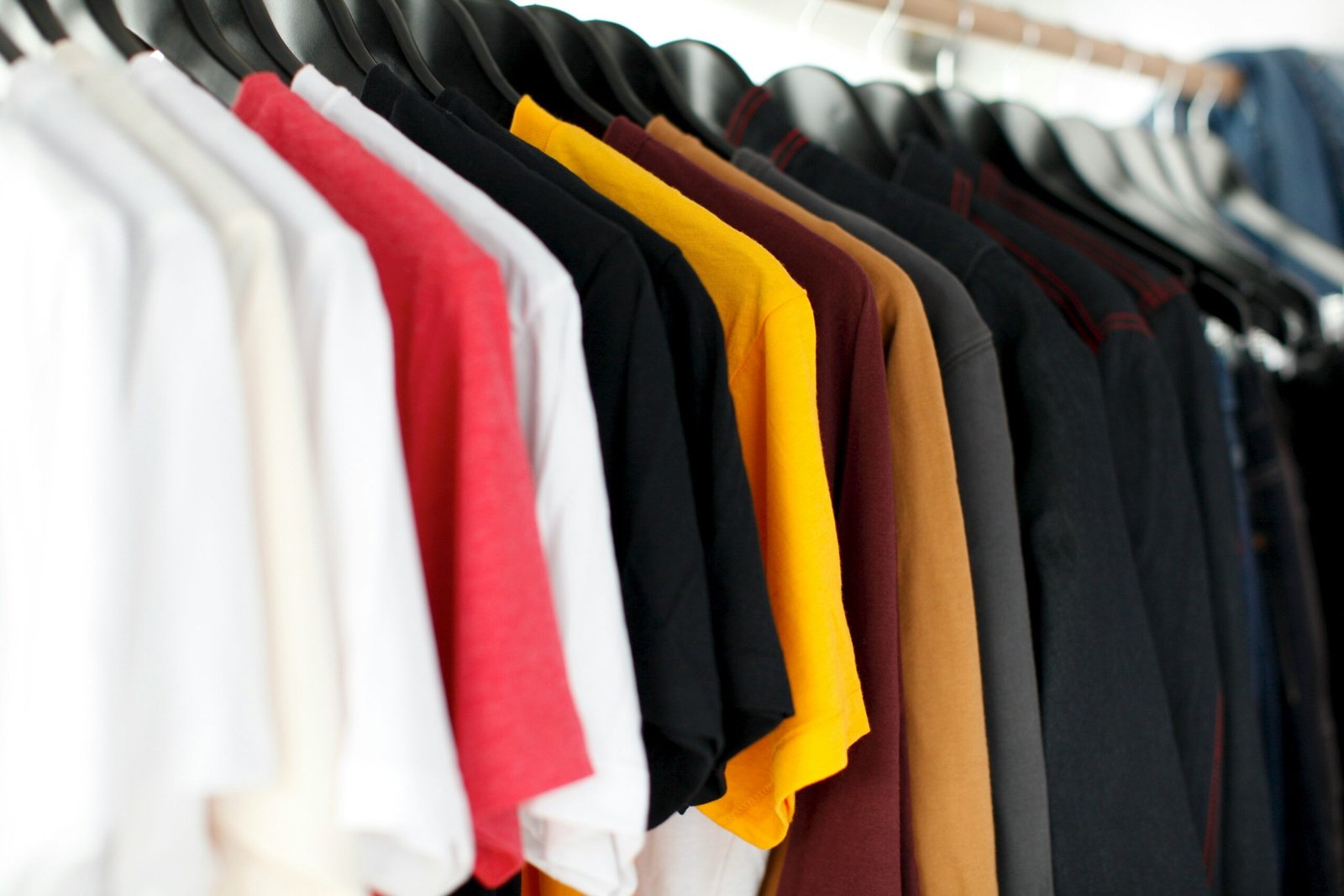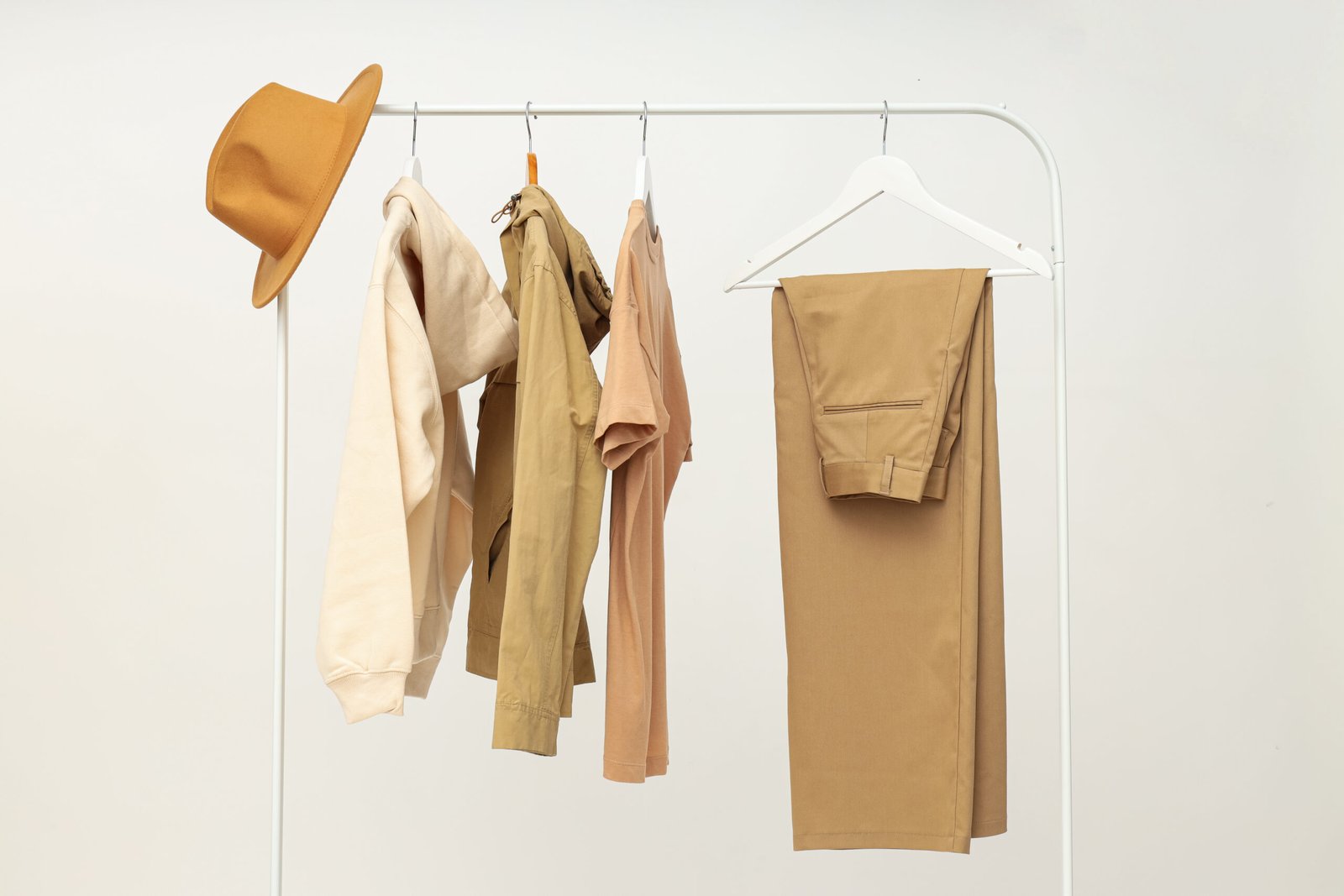Why is Sustainable Fashion Considered Durable?
Sustainable fashion has emerged as a pivotal trend in the apparel industry, driven by increasing consumer awareness of environmental and ethical issues. The concept of sustainability in fashion extends beyond mere ecological considerations, encompassing the durability and longevity of garments. Understanding why is sustainable fashion considered durable involves exploring its materials, production processes, design principles, and overall impact on the environment and society.
High-Quality, Eco-Friendly Materials
One of the primary reasons sustainable fashion is deemed durable is the emphasis on high-quality, eco-friendly materials. Sustainable brands prioritize the use of organic cotton, bamboo, hemp, and recycled fibers, which are not only less harmful to the environment but also inherently stronger and longer-lasting compared to conventional materials. For instance, organic cotton is grown without synthetic pesticides and fertilizers, resulting in fibers that are not weakened by chemicals, thus enhancing the longevity of the fabric. Similarly, bamboo and hemp fibers are known for their durability and resistance to wear and tear, making garments made from these materials more resilient over time.

Meticulous Production Processes
Another critical factor contributing to the durability of sustainable fashion is the production processes employed. Ethical and sustainable brands often adopt traditional craftsmanship techniques and advanced technologies that focus on quality over quantity. This meticulous attention to detail ensures that garments are constructed with reinforced seams, sturdy stitching, and overall superior workmanship, which significantly extends the life of the product. In contrast, fast fashion brands typically prioritize speed and cost-efficiency, often compromising on quality, resulting in garments that quickly degrade after a few wears and washes.
Timeless Design Principles
Design principles in sustainable fashion also play a crucial role in enhancing durability. Sustainable fashion designers emphasize timeless styles and versatile pieces that transcend seasonal trends. This approach not only reduces the need for frequent wardrobe updates but also encourages consumers to invest in fewer, higher-quality items that can be worn for years. Additionally, sustainable brands often provide care instructions and offer repair services, promoting a culture of maintenance and longevity rather than disposal.
Positive Environmental and Social Impact
Moreover, the environmental and social impact of sustainable fashion underscores its durability. The fashion industry is notorious for its significant carbon footprint, water consumption, and waste generation. Sustainable fashion aims to mitigate these impacts through practices such as upcycling, zero-waste pattern making, and circular economy models, where garments are designed to be reused, repaired, and recycled. By extending the life cycle of clothing, sustainable fashion reduces the volume of waste that ends up in landfills and lowers the demand for virgin resources, making the entire industry more resilient and less susceptible to the detrimental effects of resource depletion and environmental degradation.
Ethical Labor Practices
Furthermore, sustainable fashion often involves ethical labor practices, ensuring that workers receive fair wages and work in safe conditions. This ethical approach not only benefits the workers but also fosters a more responsible and sustainable industry overall. When workers are treated fairly and work in conducive environments, the quality of craftsmanship improves, leading to more durable products. Conversely, the exploitation prevalent in fast fashion often results in poor-quality garments that do not withstand the test of time.
Sustainable fashion is considered durable due to its focus on high-quality, eco-friendly materials, meticulous production processes, timeless design principles, and its positive environmental and social impacts. By prioritizing durability, sustainable fashion challenges the disposable culture of fast fashion and promotes a more responsible, long-lasting approach to apparel consumption. This shift not only benefits consumers by providing better value for their money but also plays a crucial role in addressing the pressing environmental and ethical issues associated with the fashion industry.










Recent comments
-

trendy clothes
Link exchange is nothing else but it is…
-

Michael Schoeninger
What are some good Tumblr blogs that allow…
-

Proxies cheap price
I simply wanted to jot down a brief…
Add a comment...